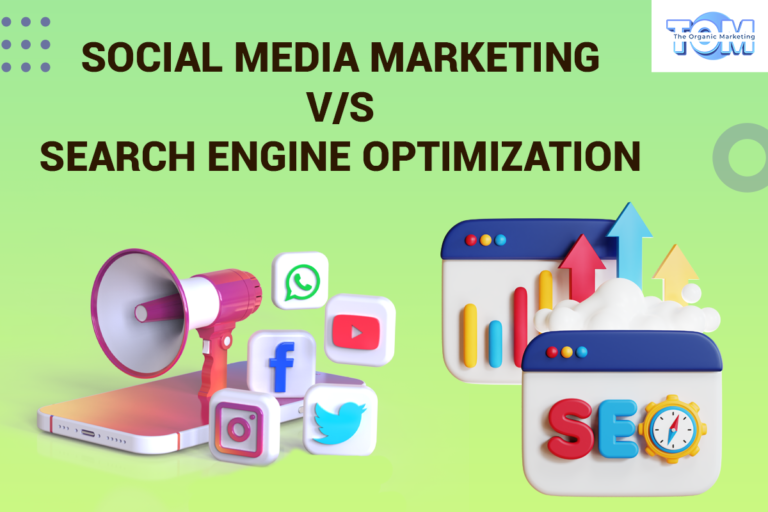GoDaddy and WordPress: The Complete Analysis
WordPress and GoDaddy are two well-known names in the area of website building and administration that frequently come up in conversations.
What is GoDaddy?
With the use of pre-made templates and drag-and-drop capability, GoDaddy’s website builder enables customers to quickly develop and launch websites. The company also provides web hosting and domain registration services. Those that value simplicity and convenience will benefit most from GoDaddy’s website builder. For people and small businesses or brands searching for a hassle-free website setup, GoDaddy is a popular option.
What is WordPress?
Featuring its user-friendly interface, a multitude of themes, and plugins, A popular open-source content administration system (CMS) that lets users build and manage websites is WordPress. WordPress is not only beneficial for business owners, but also for bloggers. WordPress offers the resources and tools to meet your goals.
Which platform is more appropriate for your needs, despite the fact that both provide powerful features and capabilities? Let’s have a look!
Easy to Use
- WordPress: WordPress allows users to easily construct and administer websites because of its user-friendly interface and intuitive content management system (CMS). Its customizable dashboard and visual editor make it convenient for both novice and expert users.
- GoDaddy: GoDaddy provides a drag-and-drop website builder that is easy to use. By providing pre-designed templates and simple modification choices, it streamlines the website construction process.
Speed of a Website and Efficacy
- WordPress: WordPress websites can function quickly and efficiently with the correct hosting company and optimization procedures. Caching, picture optimization, and other performance-improving techniques are all within user control.
- GoDaddy: GoDaddy offers dependable hosting services, however depending on the plan and configuration chosen, website performance may change. Despite having optimization tools, it could have less control and fewer possibilities for optimization than WordPress.
Flexibility and Personalization
- WordPress: WordPress, which is renowned for its adaptability, has a sizable library of themes and plugins, enabling users to substantially customize their websites. It offers total control over design components, features, and functionality, making it a popular alternative for people looking for personalization possibilities.
- GoDaddy: Although GoDaddy offers some customization options, they are somewhat restricted in comparison to WordPress. Although users may alter themes and add simple components, the possibilities are more limited than WordPress’ considerable customization options.
Scalability
- WordPress: From little blogs to huge e-commerce sites, WordPress is extremely scalable and can manage all types of websites. Long-term scalability is supported by the capacity to expand your website as your company or online presence expands.
- GoDaddy: GoDaddy also provides resources and scalability hosting options to support expanding websites. For complicated or extensively customized websites, it could not offer the same amount of flexibility and scalability as WordPress.
Competencies in e-commerce
- WordPress: WordPress has strong e-commerce features with well-liked plugins like WooCommerce. For building up online stores, managing items, processing payments, and connecting with different payment gateways, it offers a number of functionalities.
- GoDaddy: GoDaddy’s Online Store plans provide e-commerce features as well. It offers tools for managing inventory, accepting payments, and monitoring orders. The possibilities and adaptability could fall short of WordPress’ robust e-commerce features, though.
Network and Help
- WordPress: WordPress benefits from a large developer and user community that contributes plugins, themes, and support materials since it is an open-source platform. Online forums, manuals, and tutorials are widely available to help users.
- GoDaddy: GoDaddy provides customer service via a number of methods, including live chat and phone. The community and tools available for troubleshooting may not be as extensive as the WordPress community, despite the fact that it offers support for questions relating to websites.
Finally, it should be noted that GoDaddy and WordPress both have their advantages and may meet the demands of certain users. Take into account your unique needs, level of technical skill, and long-term objectives to decide which platform is best for you.
Make an informed choice that suits your objectives and level of technical competence. And, for better growth of your brand or business, reach out to The Organic Marketing.






